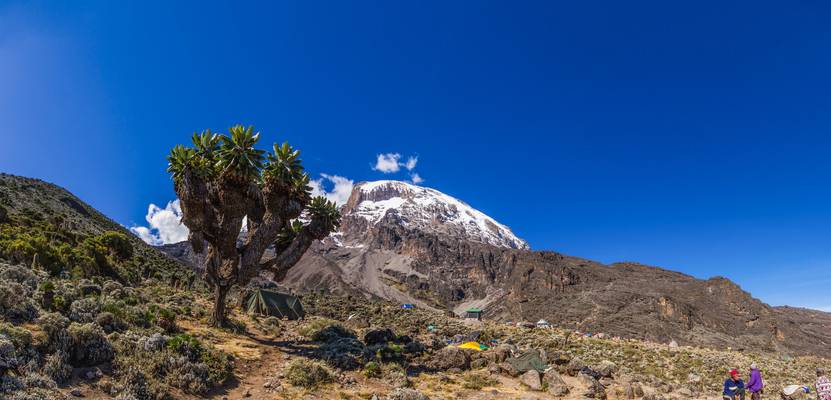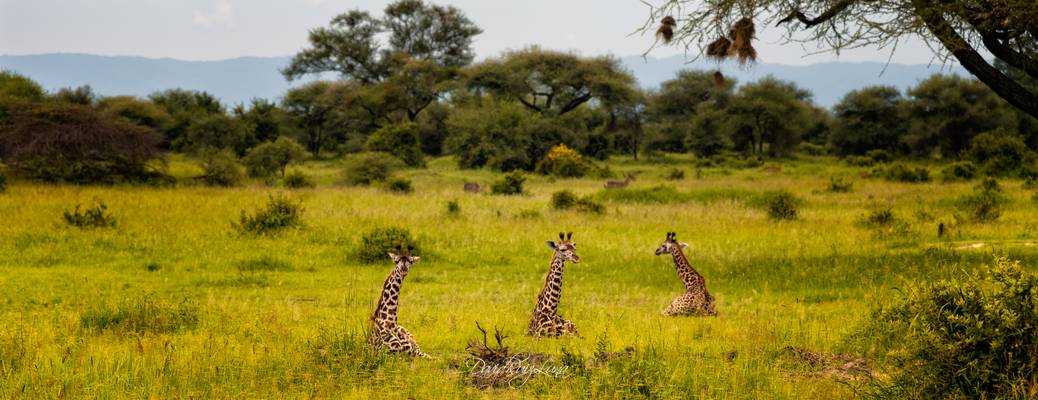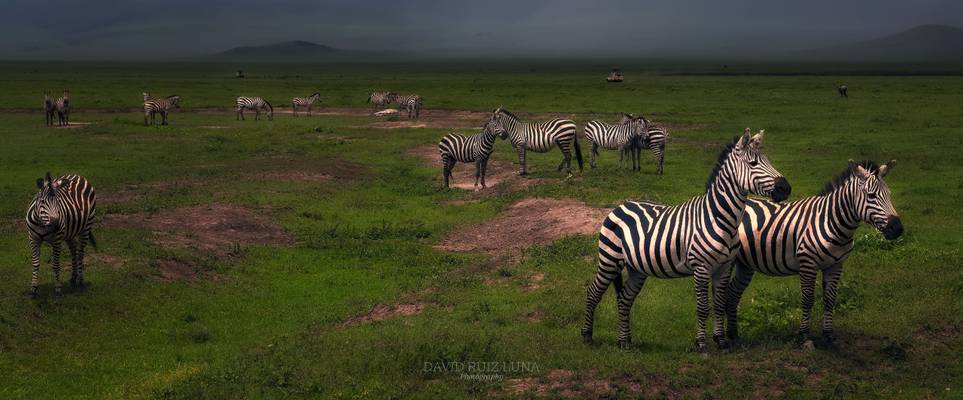
Tanzania
Tanzania is a country located in East Africa, known for its vast wilderness areas, including the Serengeti National Park, Mount Kilimanjaro, and the Ngorongoro Conservation Area. These areas offer some of the most breathtaking and diverse landscapes in the world, making Tanzania a popular destination for photographers. The country is home to a wide range of wildlife, including lions, elephants, giraffes, and zebras, making it an ideal location for wildlife photography. Additionally, Tanzania's rich culture and history provide ample opportunities for capturing unique and vibrant images of local people and their traditions.
Photography regions of Tanzania
Photography of Tanzania

by David ruiz luna
The Ngorongoro crater is one of the largest volcanic calderas in the world. The crater houses about 25,000 animals of very different species. It is considered one of the smaller areas where it is possible to see the big five, the five most representative animals of Africa: the lion, the leopard, the elephant, the buffalo and the rhinoceros (if the hippopotamus is included, then it should be enlarged the denomination to the big six). In addition, in the circle it is possible to observe, with a bit of luck, the exotic black rhinoceros, possibly the biggest attraction of the park.
Ngorongoro Conservation Area, Tanzania, February 2016
Photo Cover LEVEL -5 :PEACEKEEPERS September 2020
Photo Cover LEVEL - 6 : PEACEMAKERS November 2020
Photo Cover LEVEL - 7 : GIVE "PEACE" A CHANCE January 2021
Photo Cover *LEVEL - 8 : PEACE CHOICE : FINAL DESTINATION February 2021
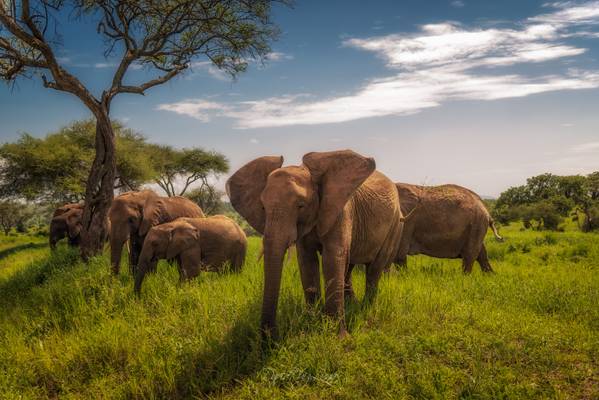
by David ruiz luna
A elephant family going out for a walk at Tarangire National Park. It was a great spectacle, because they were approaching to our car slowly until to pass beside us. It was an amazing experience.
Tarangire National Park, Tanzania, February 2016
Pictures Of The Month Top Class Photography May 2019
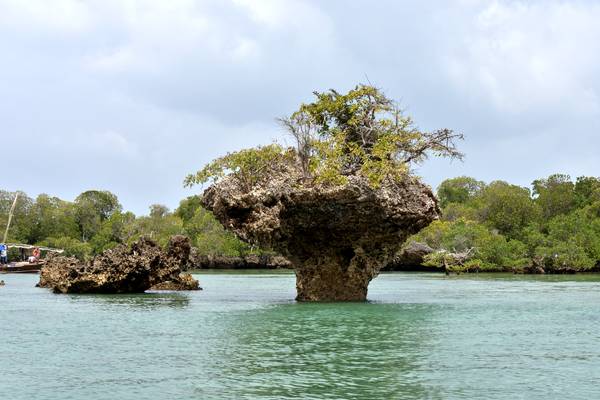
by Enrica Fabriani
Manglares frente a la península de Fumba, en la costa suroeste de la isla de Zanzíbar. El manglar es un área formada por árboles muy resistentes a las sales y se localiza principalmente en estuarios y costas. Son zonas especialmente importantes por su gran diversidad biológica. Dependiendo de la marea se nada o se camina.
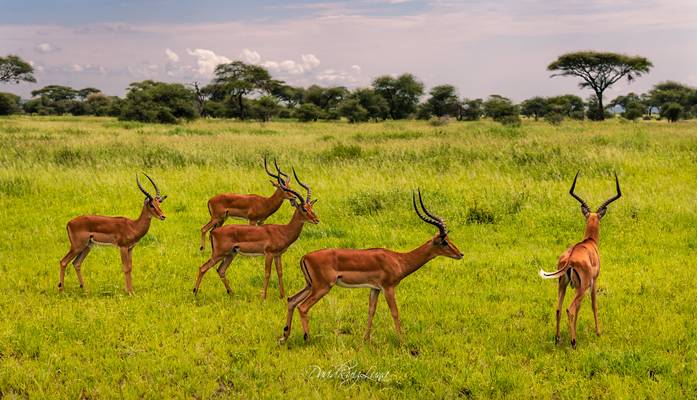
by David ruiz luna
The impala is a medium-sized antelope found in eastern and southern Africa.
Active mainly during the day, the impala may be gregarious or territorial depending upon the climate and geography. The impala is known for two characteristic leaps that constitute an anti-predator strategy.
The International Union for Conservation of Nature (IUCN) classifies the impala as a species of least concern.
Tarangire National Park, Tanzania, February 2016
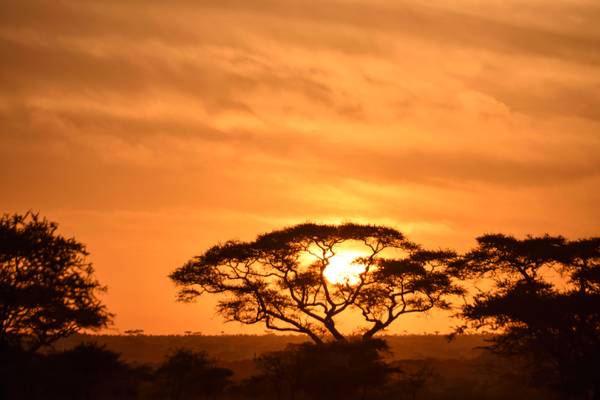
by Enrica Fabriani
Dicen que los mejores amaneceres se ven en la sabana africana. El P.N. Serengueti es un Bien Natural Patrimonio de la Humanidad desde 1981.
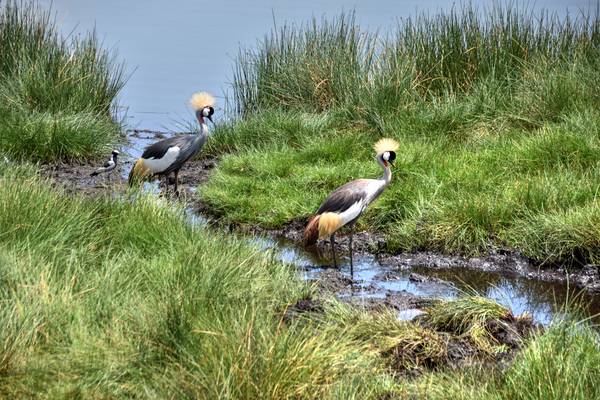
by Enrica Fabriani
El P.N. Arusha se encuentra en el norte de Tanzania y es el hábitat de numerosas especies como esta pareja de grullas coronadas, un ave que se caracteriza por moverse al unísono según un ritual determinado.
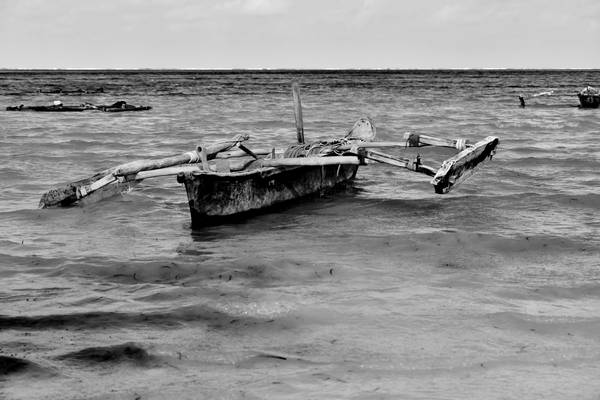
by Enrica Fabriani
Vieja embarcación en la costa noreste de Zanzíbar.
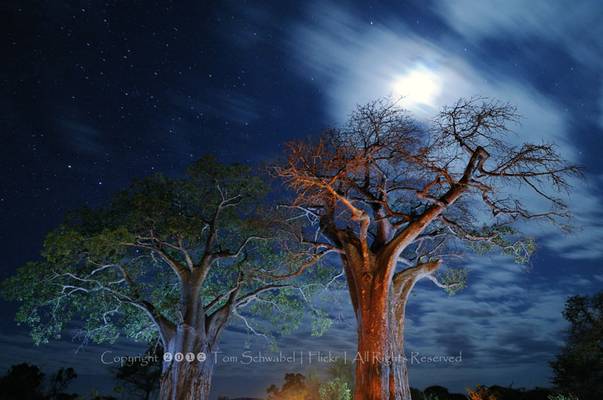
Baobab trees in a safari camp, Tarangire National Park, Tanzania.
A reprocess. Original was too dark. Well, actually, now when I look I see I...
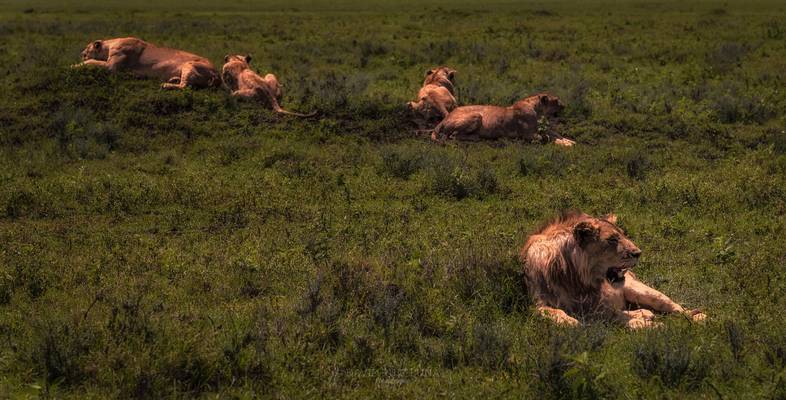
by David ruiz luna
The Ngorongoro crater is one of the largest volcanic calderas in the world. The crater houses about 25,000 animals of very different species. It is considered one of the smaller areas where it is possible to see the big five, the five most representative animals of Africa: the lion, the leopard, the elephant, the buffalo and the rhinoceros (if the hippopotamus is included, then it should be enlarged the denomination to the big six). In addition, in the circle it is possible to observe, with a bit of luck, the exotic black rhinoceros, possibly the biggest attraction of the park.
Ngorongoro Conservation Area, Tanzania, February 2016
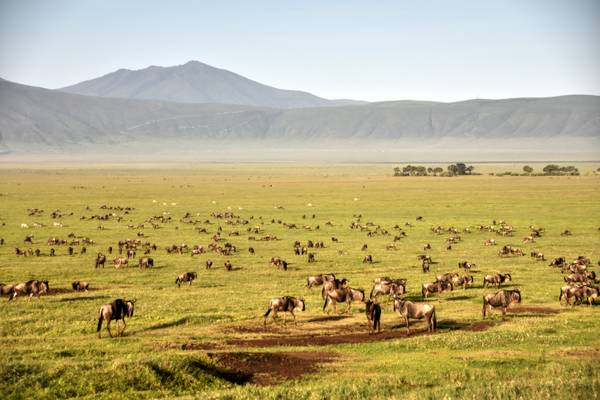
by Enrica Fabriani
La caldera del Ngorongoro es el resultado de una explosión volcánica ocurrida hace millones de años. Estas tierras abundantes en pastos son el hogar de multitud de especies animales. El Ngorongoro es Patrimonio de la Humanidad desde 1979.
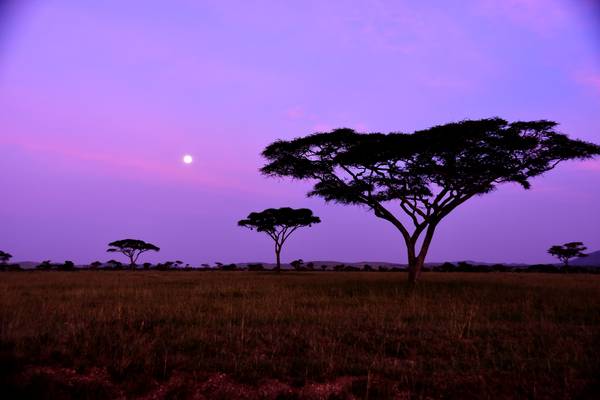
by Enrica Fabriani
Empieza casi de noche una nueva jornada de safari en el Serengueti (Tanzania), Bien Natural Patrimonio de la Humanidad desde 1981.
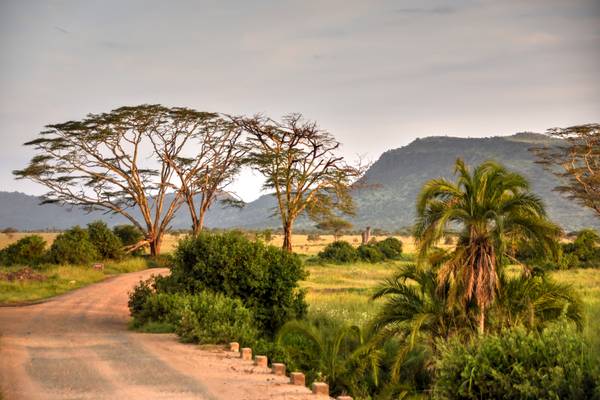
by Enrica Fabriani
El P.N. Serengueti es un parque de 13.000 km2, hogar de muchas especies animales y famoso por ser una de las zonas por donde pasa la gran migración de los ñus. El Serengueti es un Bien Natural Patrimonio de la Humanidad desde 1981.
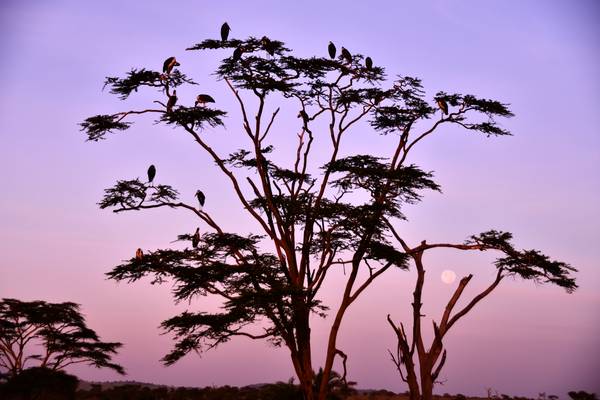
by Enrica Fabriani
Amanece en el P.N. Serengueti y los marabús que han pasado la noche encaramados a los árboles empiezan su jornada laboral. El P.N. Serengueti es un Bien Natural Patrimonio de la Humanidad desde 1981
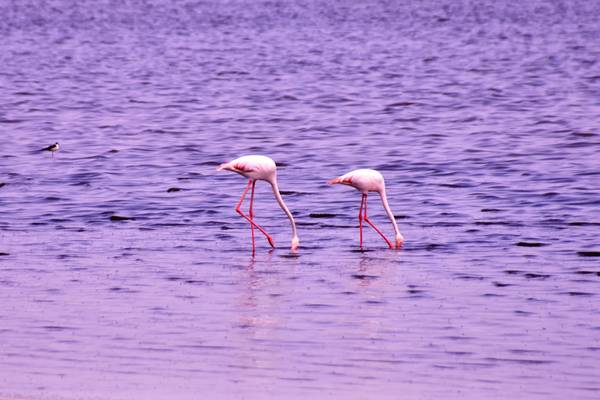
by Enrica Fabriani
Pareja de flamencos en Ndutu, un área del P.N. Serengueti.
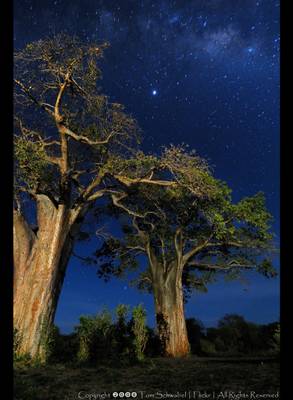
It is VERY dark in Africa. Tarangire National Park, Tanzania.
**Please don't use this image on websites, blogs or other media without my explicit...
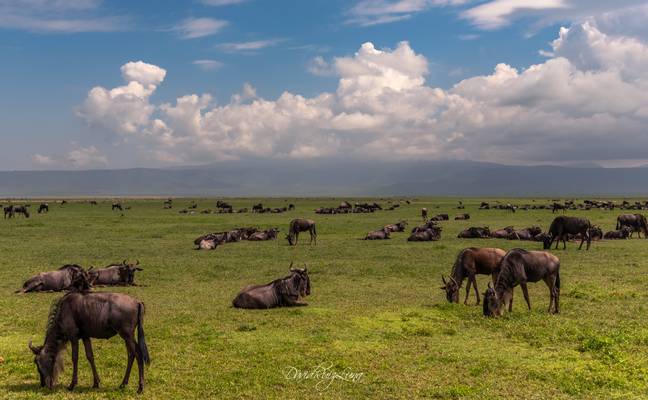
by David ruiz luna
The wildebeests, also called gnus, are a genus of antelopes, scientific name Connochaetes. They belong to the family Bovidae, which includes antelopes, cattle, goats, sheep and other even-toed horned ungulates. Connochaetes includes two species, both native to Africa: the black wildebeest, or white-tailed gnu; and the blue wildebeest, or brindled gnu.
Ngorongoro Conservation Area, Tanzania, February 2016
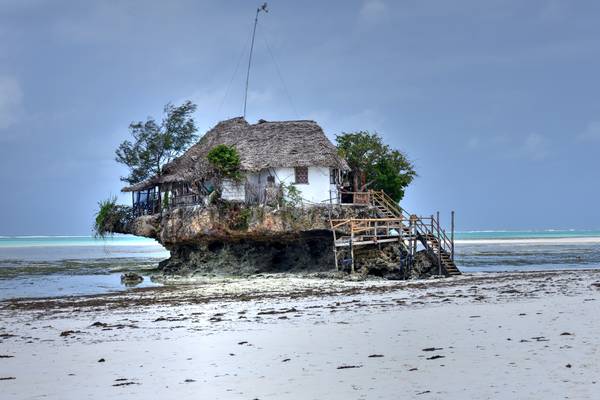
by Enrica Fabriani
Restaurante The Rock en la playa de Pingwe, que como su nombre indica está situado en una roca y según el momento del día se llega hasta él andando o en barca.
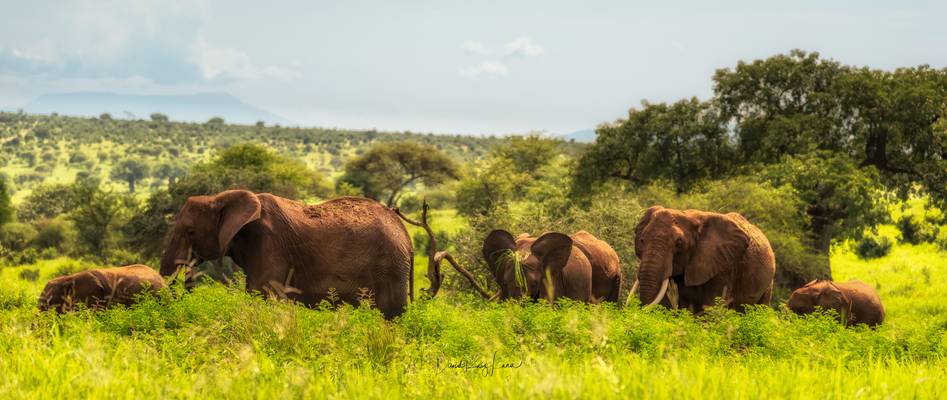
by David ruiz luna
A elephant family going out for a walk at Tarangire National Park. It was a great spectacle, because they were approaching to our car slowly until to pass beside us. It was an amazing experience.
Tarangire National Park, Tanzania, February 2016
LEVEL - 7 : GIVE "PEACE" A CHANCE Cover Photo August 2020
*LEVEL - 8 : PEACE CHOICE : FINAL DESTINATION Cover Photo October 2020
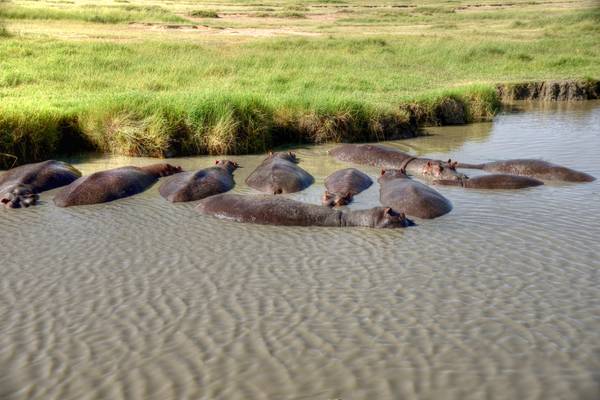
by Enrica Fabriani
Pese a su tremendo aspecto, los hipopótamos tienen una piel muy delicada y por eso han de estar durante el día en el agua, para no quemarse.
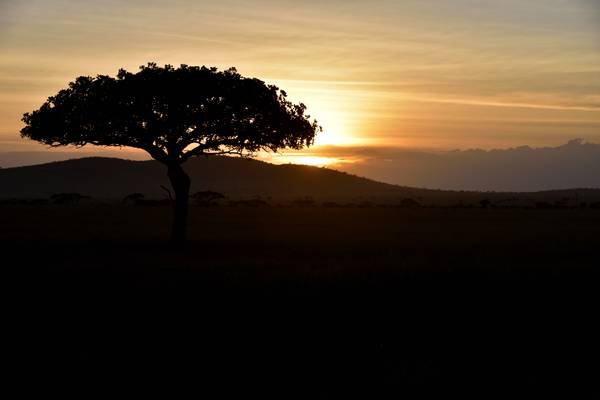
by Enrica Fabriani
Acaba otra intensa y agotadora jornada de safari en el P.N. Serengueti, Bien Natural Patrimonio de la Humanidad desde 1981.
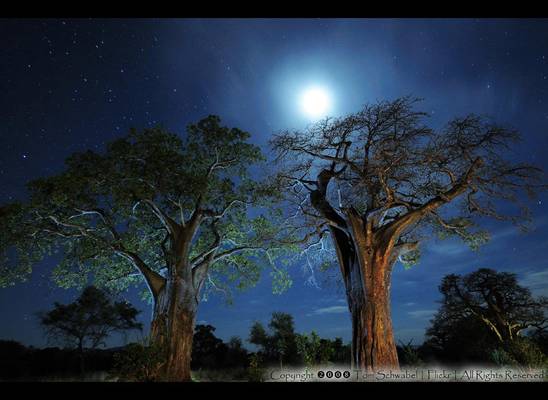
At camp in Tarangire National Park, Tanzania.
First Place - Faraway Places, 2009 Oregonian Travel Photography Contest. Exhibited - 2010 Oregon Salon...
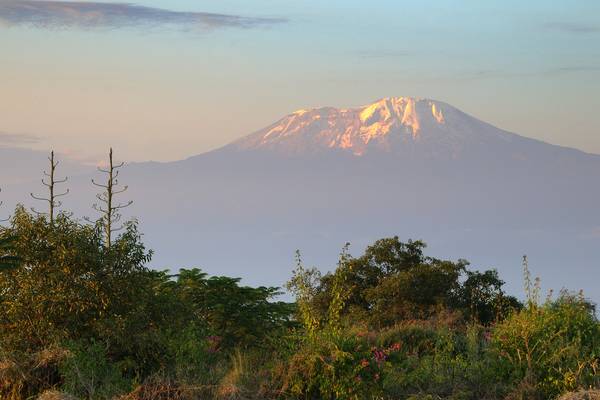
**Please don't use this image on websites, blogs or other media without my explicit permission.
© All rights reserved**
Thanks to all Phoide contributors to Tanzania!
Most notably Enrica Fabriani and David ruiz luna.
